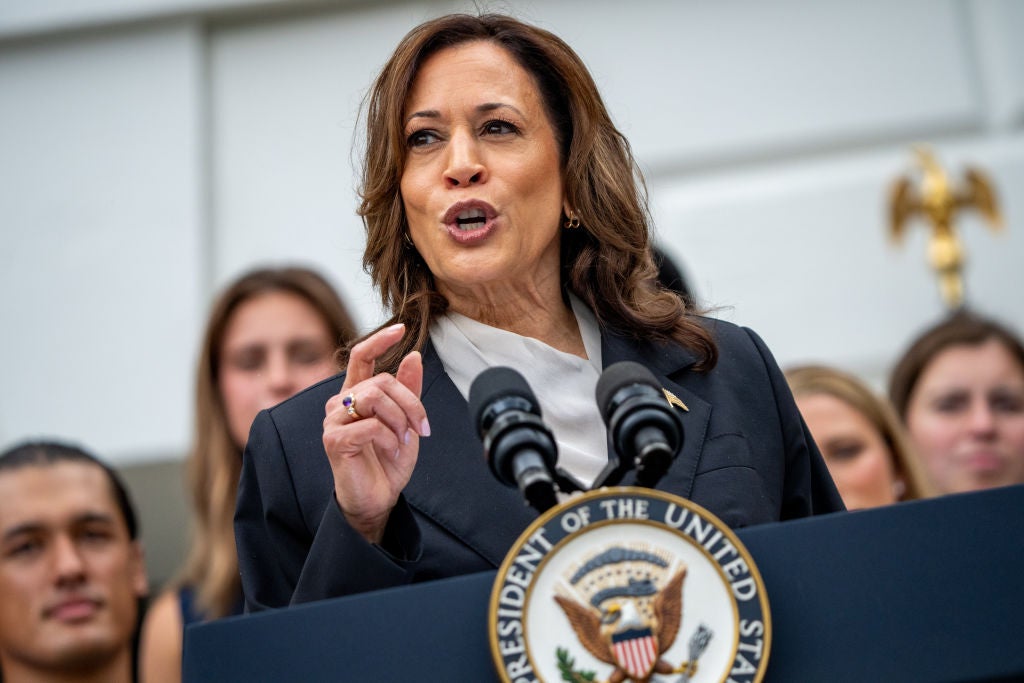
Motor Finance Professionals: Changing Landscape
In the midst of a cost-of-living crisis, with the new Consumer Duty about to come into force and the transition to electric vehicles underway, motor finance in 2023 might be a lot of things, but it won’t be boring. Chris Farnell reports.
After 2022 brought us the outbreak of war in Europe, an energy crisis, three British Prime Ministers and the latest unprecedented financial crisis, it is understandable why people might view the new year with a little bit of caution.
But while people are realistic about the risks, the motor finance sector is cautiously optimistic about what 2023 will bring.
“I see inflation reducing and I anticipate further opportunities in the year ahead,” says Chris Rowthorn, Director of Motor Sales Operation at MotoNovo Finance. “While the SMMT expects growth in the new car sector, we suspect this is likely to be driven primarily by business users opting to switch to EVs with their associated business-user tax benefits.”
If you speak to people across the sector, a recurring theme is that its current tribulations are expected to continue, but the market is expected to adapt.
“We predict the trend of reduced demand and falling prices in the £10-30,000 used market will only last until the middle of Q1 2023, while the sub-£10,000 sector will remain consistently strong,” says Alex Wright, Managing Director of Shoreham Vehicle Auctions.
How well do you really know your competitors?
Access the most comprehensive Company Profiles on the market, powered by GlobalData. Save hours of research. Gain competitive edge.

Thank you!
Your download email will arrive shortly
Not ready to buy yet? Download a free sample
We are confident about the unique quality of our Company Profiles. However, we want you to make the most beneficial decision for your business, so we offer a free sample that you can download by submitting the below form
By GlobalDataMark Hankey, Aston Barclay’s Chief Revenue Officer adds, “Dealers are expecting the used market to bounce back in early 2023 so are investing in stock now while prices are lower. The sweet spot of the used market remains at below £10,000 due to the rising cost of living and we expect that to continue during 2023.”
But while the market is adapting to those challenges, they are not expected to go on forever. As Alex Royall, UK Director of ALPHERA Financial Services, points out, “The outlook for 2023 is, of course, challenging due to wider economic factors and influences but it’s important to remember that as with any business downturn there is always an upturn on the other side.”
The cost of doing business
In the meantime, perhaps the most salient challenge of 2023 will be the ongoing cost-of-living crisis. How much disposable income, or even money for essentials, consumers have is the foundation on which the rest of the motor finance sector is built.
“The rising cost of living started to impact the used car market in the Autumn with sales down. It has impacted the speed at which used EVs are selling,” says Jon Mitchell, Group Sales Director for INDICATA UK. “However, INDICATA’s data shows sales of EVs continue to increase month-on-month even if they are taking longer to sell. The used market remains very healthy with prices at record levels but the continuous rise in the cost of living has certainly taken the sting out of consumer demand. This trend seems to have set the tone for the industry now and into 2023.”
Of course, the cost of living crisis has arrived at a time when the motor finance sector is undergoing a major reassessment of how it relates to customers and its responsibility to them. Fortunately, the sector has been preparing for this change for a while.
“At MotoNovo, our planning for the Consumer Duty is well on track, and we continue to play a prominent role in encouraging our extensive dealer network to ensure that they are ready and, crucially, in championing the opportunity it presents to delight their customers with their approach to finance,” Rowthorn says.
Royall echoes that confidence, telling us, “We’re working through the precise details with our Partner network in terms of the processes and procedure changes required to meet our mutual obligations but we’re incredibly pleased with the positive and proactive reaction of our Partners to the changes. For ALPHERA and our Partners, it’s a continuum of progressive regulatory change, so it’s an evolution of the journey we’ve been on for a few years with the FCA, rather than a revolutionary shift.”
Motor Finance in 2023
The unknown unknowns
While there is undoubtedly a great deal of work to be done around the new Duty, it is at least a known quantity. If there is one lesson that the motor finance sector has had to learn over the last few years is to expect the unexpected.
“The lesson of 2022 is surely not to make too many predictions for 2023!” Royall points out.
“The motor finance industry, like many others, is waiting for the next thing,” says Kit Wisdom, Operations Director of Tuskerdirect. “They are trying to foresee it, without having a crystal ball to tell us what it is. I think it’s made us as an organisation more resilient to the pace of that change.”
“Everyone needs to be completely prepared and well versed and practised in instability,” agrees James Hind, CEO and founder of Carwow.
Still, in trying to identify as-yet-unforeseen challenges, there are places the industry is already looking. For instance, everyone is aware of the transition to electric vehicles, and people are even starting to look into some of the secondary challenges around that, such as how to value a used battery. But few people are asking who is going to maintain those vehicles.
“I think the challenge, particularly in the after-sales space, is the availability of technicians for franchises and independent networks,” Wisdom says. “It has been around for quite a while as a challenge, and is not the most exciting or sexiest topic, but it’s really important. Training a technician takes a significant amount of time- it’s a profession and a skill and we need to treat it as such.”
Beyond that, the cost-of-living crisis means the motor finance sector will soon have to deal with a very different kind of consumer. After years of working to upgrade or update its customers’ cars, the industry can now expect to meet customers looking to downgrade.
“Some will be forced to spend less. The financiers and dealers need to help people with that, where over the last few years people have been upgrading their cars,” says Hind.
“Ensuring that our consumers are supported in the right ways through these challenging times is front of mind for every responsible, senior leader in the industry – different customers will be impacted in different ways and we have a responsibility to ensure that we’re providing the right support at the right time,” adds Royall. “A financial contract between lenders, retailers and customers puts specific responsibilities on all parties, which are never more important than in times like this.”
Keeping to the fundamentals
Whatever comes next, the job of businesses in motor finance remains the same.
“To thrive in this industry and market, it’s not rocket science but it’s not easy,” Royall says.
“Make sure people can afford what they are going into. This year alone people’s household finances are completely altered,” Hind says. “I also think we should be making sure everything is online that can be and that the industry is transparent.”
“It’s about being focused on the needs of your customers, both today and tomorrow, as well as ensuring your employees are engaged and motivated,” Royall continues. “It’s also about ensuring you’ve got the digital and physical infrastructure to succeed depending on the needs of your business and its customers.”
He concludes, “Ultimately, it’s about staying focused on the horizon after this economic downturn and making sure you’re ready to capitalise and reap the benefits of the investment when the market turns upward again.”
2022 in Motor Finance: the year that was
Financing the cost-of-living crisis





